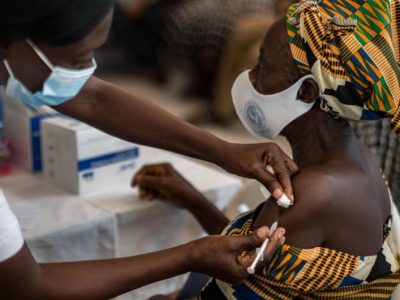While the priority for governments on the African continent remains improving access to energy (600 million people lack access to electricity), the energy transition appears to be one of the challenges ahead. Renewable energy and carbon offsetting projects are emerging, but remain modest.
In the global context of controlling and limiting CO2 emissions, the African continent remains behind: producing 9% of the world’s liquid oil and 6% of natural gas, Africa accounts for only 2% of greenhouse gas emissions. Moreover, half of its oil production is destined for export. This is why, in terms of energy, the priority for African countries is to improve access to energy for the 600 million people who have no access to electricity, and to generalize the use of charcoal, which has proven negative effects on health and the environment.
Under pressure from public opinion and Western treaties to limit greenhouse gas emissions, European energy majors with interests and activities in Africa (such as Shell, BP, Total and Eni) are reducing their crude oil production in favor of the production and development of “greener” energy sources. The objective is to be carbon neutral by 2050.
Obstacles for the majors in renewable energies
In terms of intentions and declarations, Total plans to invest 60 billion dollars in renewable energies over the next ten years, with a target of 100 GW, and BP is targeting 30 GW over the same period. Shell won’t be outdone with its $2-3 billion global investment per year in green energy. However, today, unlike gas projects, the investment of these majors in renewables on the African continent remains marginal. These large companies have a global vision of the energy transition and greenhouse gas emissions and therefore focus their efforts on developed countries, where the impact is faster than in Africa.
#renewableenergies, #Africa, #CO2,









